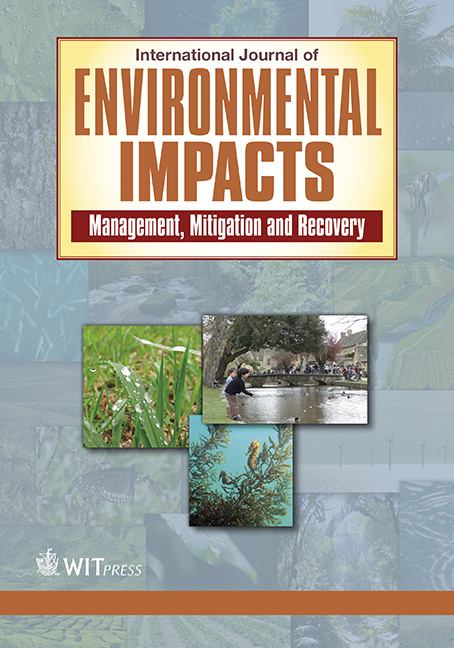Cultural heritage and digital tools: the ROCK interoperable platform
Price
Free (open access)
Volume
Volume 4 (2021), Issue 3
Pages
12
Page Range
276 - 288
Paper DOI
10.2495/EI-V4-N3-276-288
Copyright
WIT Press
Author(s)
B. Turillazzi, G. Leoni, J. Gaspari, M. Massari & S. O. M. Boulanger
Abstract
The digitisation of urban cultural heritage (CH) is recognised within EU (European Union) policies as an opportunity to make CH a driver for urban transformation towards a sustainable and inclusive future. Various digital platforms are emerging as tools not only to store, retrieve, compare and process different kind of data related to CH for the use of urban planners and administrators, but also as participative tools for distributed decision-making.
The increasing integration between the physical and digital realm through various digital instruments such as the Internet of things, virtual and augmented reality, machine learning and natural language processing, has led designers to conceptualise the necessity of merging different smart city dashboards and platforms into an integrated system known as the urban digital twin (DW). This task can be made possible only through the construction of a shared ontology of the city, which allows the interoperability of different data systems.
The DWs, originally developed in mechanical and process engineering, allow to construct a digital model of a physical object or process, to monitor its real-time performance, to perform maintenance tasks and to test the effects of planned changes. However, when extending the notion of the DW to complex cultural and social entities such as cities, it is important to consider also issues of inclusivity and citizen participation. How can the DW be conceptualised not only as a tool of technological control or narrative, but as an instrument to empower not only institutions but also citizens? The experience gath- ered in the construction of the ROCK platform and its participatory ontology, developed within the Horizon 2020 (H2020) funded project ROCK (GA 730280), becomes an important precedent in this task
Keywords
collaborative platforms, cultural heritage digitalisation, cultural heritage-led regeneration, digital twin, living lab




